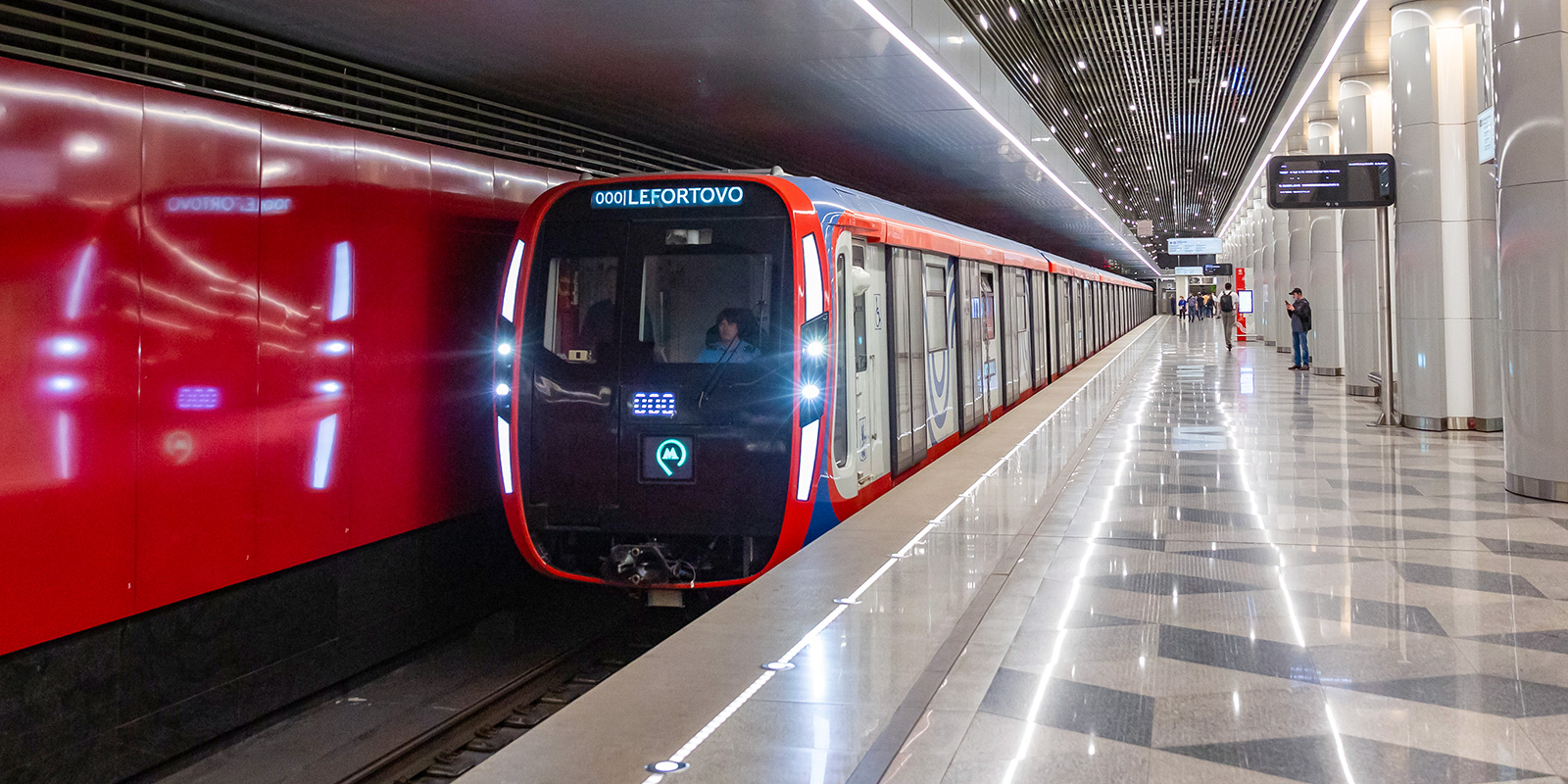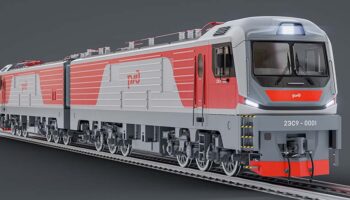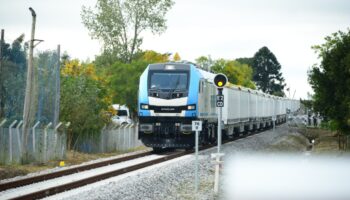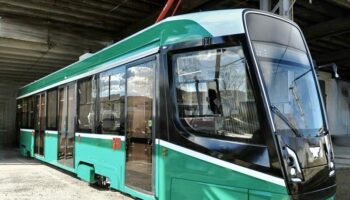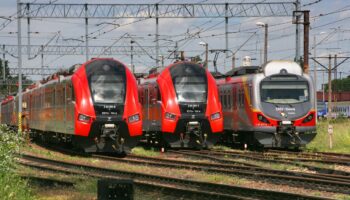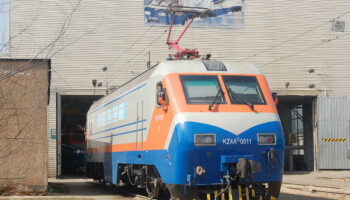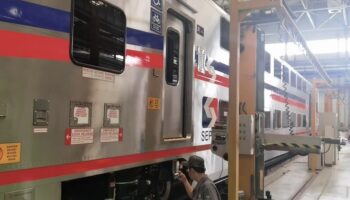EAEU: A new technical regulation, numbered TR EAEU 052/2021, was approved by Eurasian Economic Commission (EEC) Council and will come into force in January 2025.
The document has been developed by the Ministry of Transport of the Russian Federation jointly with the EAEU countries – Armenia, Belarus, Kazakhstan and Kyrgyzstan. It establishes standard requirements for the metro rolling stock and its components (35 items), identification rules, and labeling requirements that are universal within the EAEU countries. Also TR EAEU 052/2021 defines the forms, schemes and procedures for assessing the conformity of metro trains and its components in certification and declaration formats.
It does not apply to specialized track machines and rolling used for the technological needs of metro systems, to rolling stock that was manufactured, contracted or included in supply options before the technical regulation will be valid, as well as the corresponding spare parts. At the same time, the technical regulations requirements should be taken into account when upgrading the rolling stock in operation.
In particular, according to TR EAEU 052/2021, the design of new trains must allow passengers to freely walk through all the cars of the train. The message on the EEC website noted that the technical regulation suggests the possibility of unmanned train operation; however, the ROLLINGSTOCK editorial staff haven’t found the relevant paragraphs in the document.
Throughout the EAEU territory, the Russian Transmashholding (TMH) is the largest manufacturer of metro trains. The main TMH site for producing such rolling stock is Metrowagonmash in Moscow region, also the metro cars are being manufactured at the Oktyabrsky Electric Railway Car Repair Plant in St. Petersburg. TMH totally produced 706 metro cars in 2020.
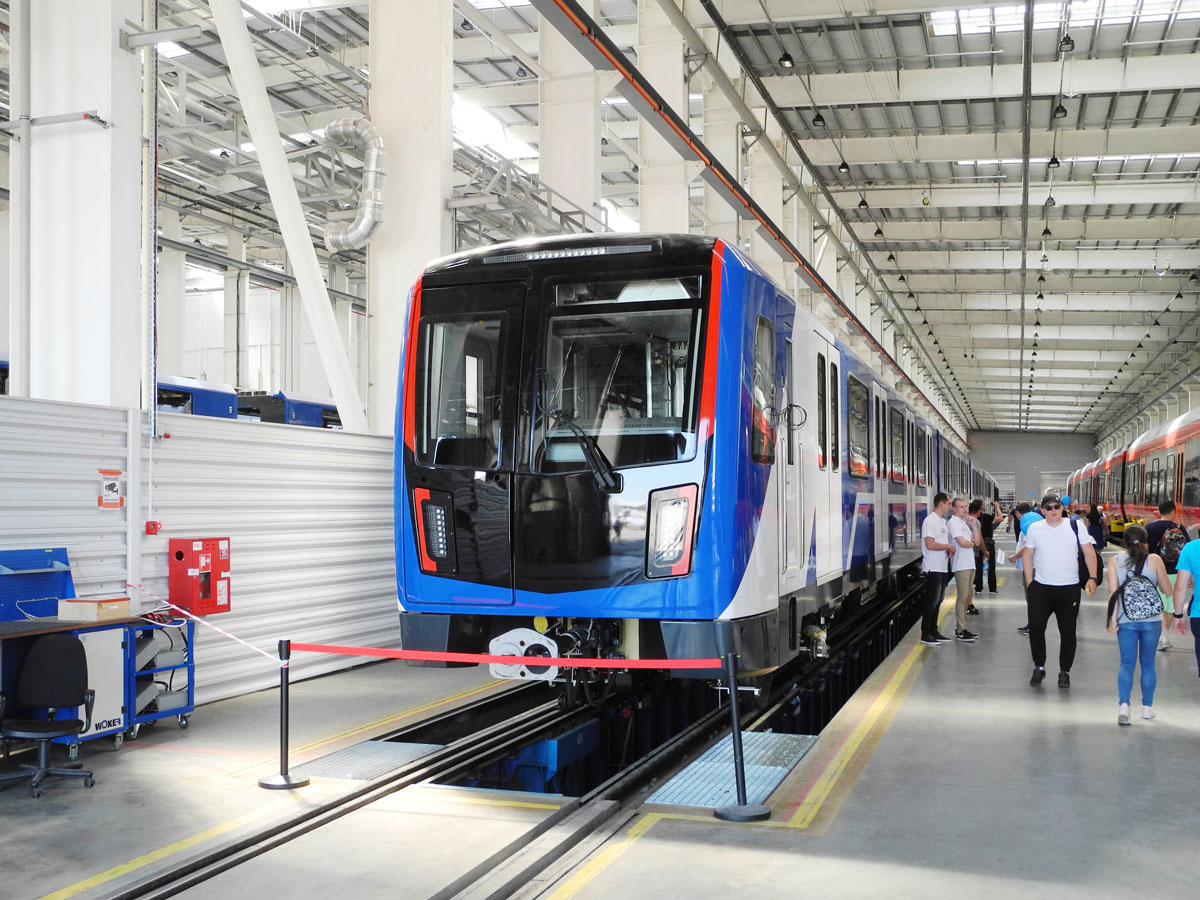 M110/M111 train by Stadler Rail for the Minsk metro. Source: Stadler Rail
M110/M111 train by Stadler Rail for the Minsk metro. Source: Stadler Rail
Another player in the EAEU market is the Swiss Stadler Rail, which delivered 10 metro trains for the Minsk metro in 2019-2020. The vehicles are being produced at the manufacturer’s plant located in the Belarusian town of Fanipol.
The Russian Sinara Transport Machines (STM) has also announced about the goal of developing and producing of the new metro train for supply in 2024. Its production is planned as a joint venture with Skoda Transportation. The companies own the Vagonmash site in St. Petersburg, where Skoda together with previous partners produced 24 81-556 / 557/558 “NeVa” trains in 2011-2019.



